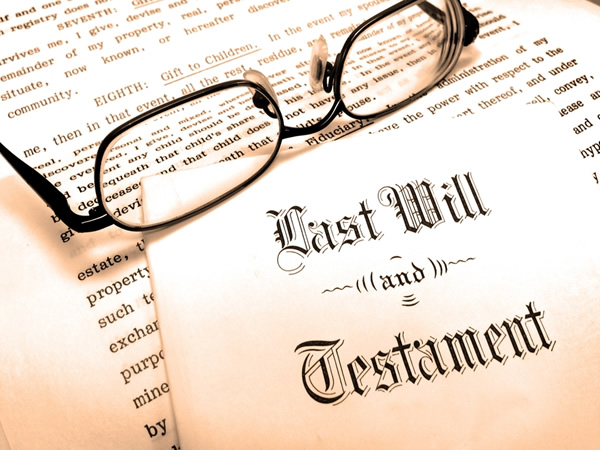Choosing an Executor/Administrator for Your Will

Having a legal, valid, and up-to-date will in place is crucial to ensuring that the people you love inherit from your estate, while helping them to avoid the time consuming and costly probate processes. In addition to a thorough inventory of assets and distributions you want made, one of the most important parts in creating a will is selecting the person you want to act as an executor. While many people automatically list their spouse, another family member, or close friend, there are details you need to consider to ensure you make the best choice, both for yourself and for them.
Duties of the Executor of Your Will
Before selecting someone to act as the executor or administrator of your will, it is important to be clear on the types of duties this task will involve.
The New Jersey Treasurer’s Guide to Being an Executor emphasizes the attention that needs paid to settling any estate or other taxes owed. While estate taxes may be a major issue for those passing along significant amounts of property and assets, even those with more modest savings need to be aware of how the estate administration process works. Among the other duties required of an executor/administrator are:
- Locate your will and other estate planning documents in the event of your death;
- Use estate funds to pay for burial and funeral expenses;
- Collect and get appraised all property and assets of the estate, making sure everything detailed in the will is present and accounted for;
- File the will for probate, which is done through the New Jersey Surrogate’s Court in the county where you live;
- Settle all outstanding debts against the estate;
- Pay state and local taxes;
- File a final federal tax return for the estate;
- Distribute property and assets among heirs.
All of these duties can be complex. They may require multiple trips to the Surrogate’s court, along with having to deal with court personally and with property out of state. Even locating heirs and beneficiaries of the person deceased can prove challenging. It is not uncommon for people to fight over a will, even going as far as to contest it in court.
Choosing a Qualified Executor
While it is common to choose a parent, spouse, child, or close friend to be the executor of your will, it is easy to see how this process could be overwhelming for them. In addition to the burden it places on them when they are already going through the grieving process, the tasks required may be beyond their skill set or what they have time to perform.
In addition to time, skills, and the ability to travel to the courthouse, Kiplinger also recommends looking for the following qualities:
- Responsibility: Pick someone who is adept at handling his or her own personal, business, and financial affairs.
- Financially stability: As money and property will be passing through their hands, they may need to be bonded by the court.
- Detail oriented: Attention to detail is needed to avoid overlooking items or making errors during the probate process.
- Drama free: You want someone who will stay calm in the event probate issues arise or if there are disputes among your heirs.
Reach Out to a New Jersey Attorney
At the Law Office Of Jordan B. Rickards, we provide the professional legal guidance you need in all aspects of estate planning, from creating the appropriate documents to helping you choose an executor. Reach out today and contact our New Jersey estate planning attorney to request a one-on-one consultation.
